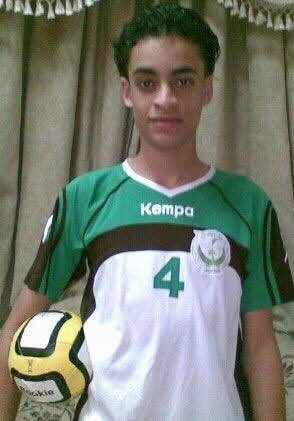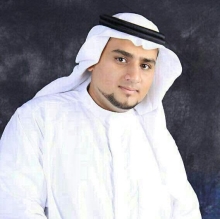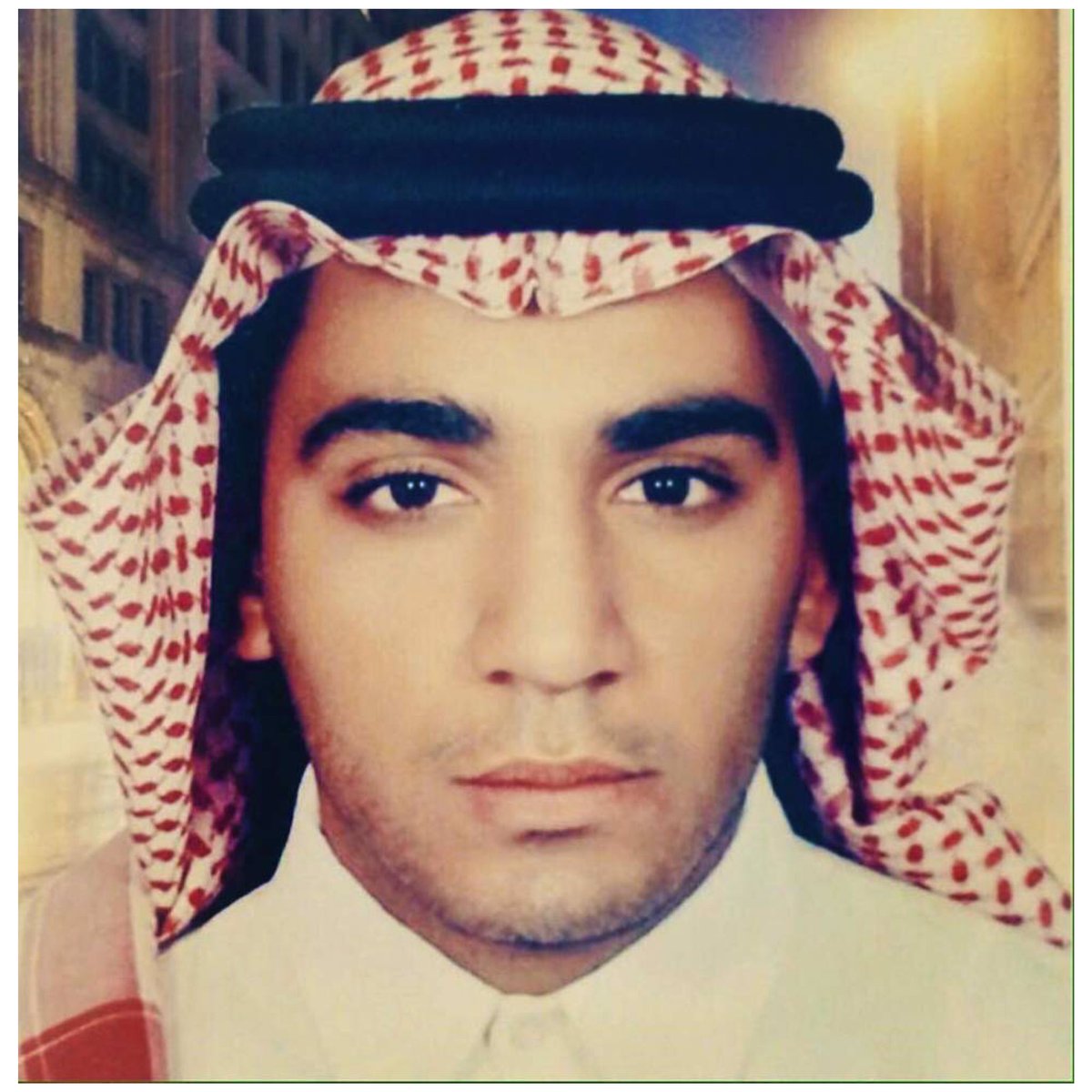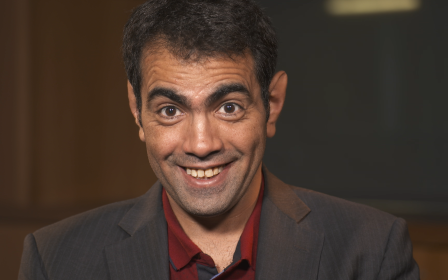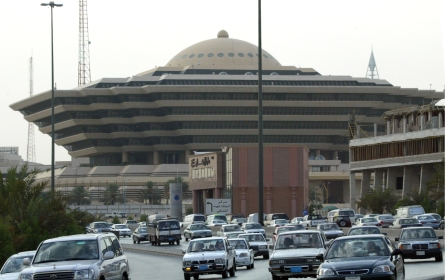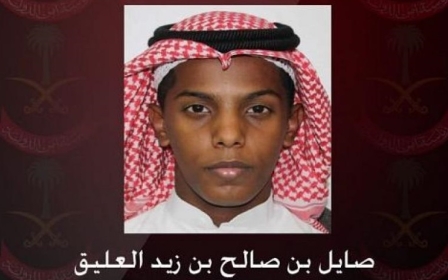Executed by Saudi Arabia: A student, an academic, a protester, an imam
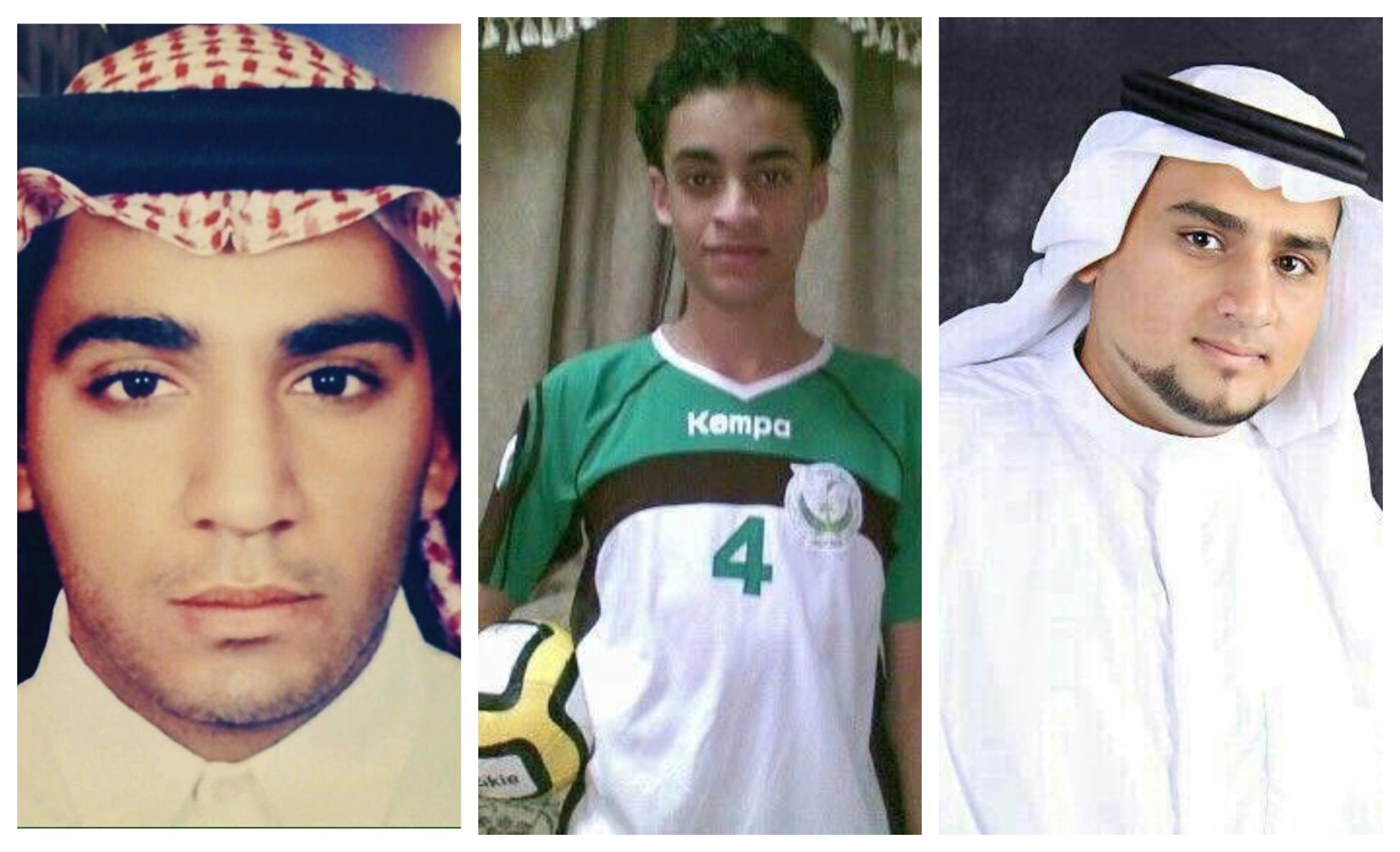
The mass executions carried out in Saudi Arabia on Tuesday saw 37 killed. Thirty-two of those executed were from the kingdom's Shia minority and a number of them were juveniles when they were initially arrested.
Rights group Reprieve told Middle East Eye several of those executed were detained during peaceful protests.
New MEE newsletter: Jerusalem Dispatch
Sign up to get the latest insights and analysis on Israel-Palestine, alongside Turkey Unpacked and other MEE newsletters
The official Saudi Press Agency (SPA) said that "the death penalty was implemented... on a number of culprits for adopting extremist terrorist ideologies and forming terrorist cells to corrupt and disrupt security as well as spread chaos and provoke sectarian strife."
However, human rights organisations have said that many of those killed had been pro-democracy activists who were subjected to torture and unfair trials.
MEE has profiled some of the people who were executed:
Mujtaba al-Sweikat
Mujtaba al-Sweikat was only 17 when he was arrested at King Fahd International Airport, en route to the US where he was set to begin his studies at Western Michigan University.
In 2012, Sweikat - who is Shia and from Qatif in Saudi Arabia's Eastern Province - took part in pro-democracy protests, for which he was arrested and charged with "armed disobedience against the king" as well as making Molotov cocktails, destroying public property and participation in a terrorist cell.
According to Reprieve, he was brought before the Specialised Criminal Court in Riyadh in 2015, where he was convicted based on a confession the group said was extracted under torture.
He was not allowed access to a lawyer nor given prior warning of the hearing, Reprieve said.
At the time of his arrest, the president of the American Federation of Teachers (AFT), Randi Weingarten, called on US President Donald Trump to intervene.
"Should these executions occur, Saudi Arabia should be considered a pariah nation by the world," Weingarten said in a statement.
"We implore President Trump, as the standard-bearer for our great nation, to do everything in his power to stop the atrocities that may otherwise take place in Saudi Arabia."
Mohammed al-Attiyah
Mohammed al-Attiyah was one of 11 men executed as part of the Iran spy case, which saw numerous Saudi Shia convicted of “high treason” and meeting with Iranian “intelligence agents”, as well as trying to stir up anti-government sentiment in Eastern Province, which has a large Shia community.
A popular Shia cleric and dean of the English department at Jeddah university, Attiyah had maintained a profile as a promoter of unity between the different sects in the Sunni-majority kingdom.
The 37 Saudis executed on 23 April
+ Show - HideAhmed Hasan Ali al-Rabee, Ahmed Hussien Ali al-Aradi, Ahmed Faisal Hasan al-Darwish, Jaber Zouhir Jaber al-Marhoun, Hussien Hasan Ali al-Rabee, Hussien Ali Jassim al-Hamidi, Hussien Qassem Ali al-Aboud, Hussien Mohammed Ali al-Meslim, Haider Mohammed Ibrahim al-Leef, Khaled Hammoud al-Farraj, Khaled Abdelkarim Saleh al-Touijri, Salem Abdullah Awad al-Amri al-Harbi, Saeed Mohammed Saeed al-Skafi, Salman Amin Salman al Quriash, Taleb Meslim Suliman al-Harbi, Taher Meslim Suliman al-Harbi, Abbas Hajji Ahmed al-Hasan, Abdulaziz Hasan Ali al-Sahwi, Abdelkarim Mohammed al-Hawaj, Abdullah Suliman Saleh al Esraih, Abdullah Adel Hasan al-Oujan, Abdullah Hani Abdullah al-Tareef, Aziz Mahdi Abdullah al-Rafe al-Omari, Ali Hussien Ali al-Ashour, Ali Hussien Ali al-Mihna, Fadel Hasan Abdulkarim Labbad, Mujtaba Nader Abdullah al-Suwayket, Mohammed Hussien Ali al-Ashour, Mohammed Saeed Abdrab al-Rasoul al-Khatem, Mohammed Ayed Mohammed al-Namlan al-Qahtani, Mohammed Abdelghani Mohammed Attyieh, Mohammed Mansour Ahmed al-Naser, Mustafa Ahmed Abdelatif Darwish, Mutadher Ali Saleh al-Sabieti, Munir Abdullah Ahmed al-Adam, Hadi Yousif Reda al-Hazeem and Yousif Abdullah Awad al-Omari.
In a speech in 2011, he urged the need for acceptance and tolerance between Sunnis and Shia.
“As long as we live in the same country, we have no choice but to accept one another and live with one another, no matter the degree of difference between us," he said.
According to Human Rights Watch, Attiyah had been charged with “planning with an Iranian intelligence element… to establish a company to spread Shia activities in [Eastern Province].”
Speaking in court prior to his execution, Attiyah said he denied "all the evidence against me".
Abdulkarim Mohammed al-Hawaj
Abdulkarim Mohammed al-Hawaj was arrested on 16 January, 2014, at the age of 19, but the charges levelled against him include crimes carried out at the age of 16.
According to the European Saudi Organisation For Human Rights (ESOHR), Hawaj was charged with, among other things, shooting at a police officer, throwing Molotov cocktails and "sympathy with the Bahrain opposition".
While in jail he was "beaten by sticks and electric wires and kicked by officers with heavy shoes" while his hands were "chained high for more than 12 hours and he was prevented using the bathroom in this time".
The ESOHR said he had been "accused of non-violent charges whilst he was a minor" and that "confessions for these charges were extracted from him via torture".
Khaled bin Abdel Karim al-Tuwaijri
One of the few Sunnis executed during the mass execution on Tuesday, Tuwaijri was accused of having links to militant groups.
According to the official Al Arabiya network, Tuwaijri was arrested over the 2007 murder of his uncle, Major General Nasser al-Othman.
Prosecutors said that Tuwaijri, imam of a mosque in Buraidah in northern Saudi Arabia, had connections to Abu Musab al-Zarqawi, then leader of the Islamic State in Iraq, which would eventually morph into the Islamic State group in 2014.
Out of those executed, Tuwaijri was accorded the special punishment of having his body crucified following the execution.
The kingdom commonly uses the term "crucifixion" to refer to the process of publicly displaying a corpse after execution.
“In Saudi Arabia, the practice of ‘crucifixion’ refers to the court-ordered public display of the body after execution, along with the separated head if beheaded. It takes place in a public square to allegedly act as a deterrent,” rights group Amnesty International said in 2013.
Munir al-Adam
Also from Qatif, Munir al-Adam was a disabled protester who took part in demonstrations in 2012 calling for greater democracy and an end to discrimination against Shia.
He was subjected to severe beatings and torture in prison prior to his execution. At the time of his arrest he was 18.
Already partially blind and deaf, he lost his remaining hearing as a result of beatings, according to the ESOHR.
According to his mother, speaking to the Washington Post in 2017, he had "been ordered to stand for long intervals of time...was beaten with sticks and cables" and had been "electrocuted and prevented from eating or going to the bathroom”.
His conviction was based on a confession elicited through torture.
ESOHR said that Adam was being punished for exercising his "fundamental human rights such as freedom of assembly".
"Saudi Arabia consistently fails to abide by the strict criteria which safeguards substantive and procedural requirements with relation to the death penalty for retentionist states," the group said.
This article is available in French on Middle East Eye French edition.
Middle East Eye delivers independent and unrivalled coverage and analysis of the Middle East, North Africa and beyond. To learn more about republishing this content and the associated fees, please fill out this form. More about MEE can be found here.


